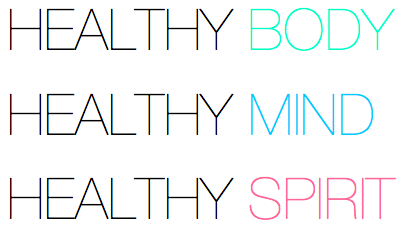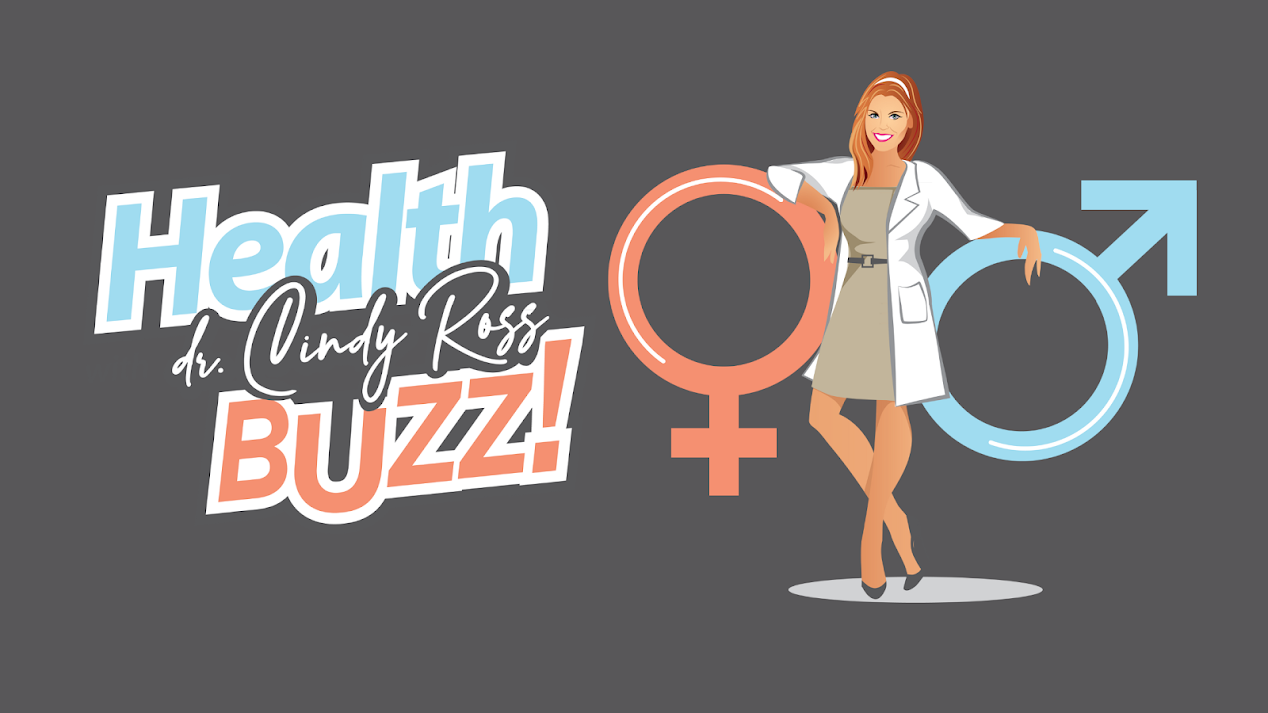As Promised By The Fat To Fit Radio Show...
Eating Well As You Age

Eating healthy is important it's even more important for adults over 50. The benefits of eating healthy include increased mental acuteness, resistance to illness and disease, higher energy levels, faster recuperation times, and better management of chronic health problems. As we get older our nutrition is key to helping us have a positive outlook, staying balanced emotionally, and balanced physically. You don't have to rely on dieting as the only way to stay healthy. No matter what your age is your nutrition should be colorful, fresh, and eaten with company.
 The benefits of eating healthier as you age include helping you live long, making you stronger, sharpening your mind, and making you feel better. Good nutrition is why you live longer and stronger it keeps muscles, bones, organs, and other body parts strong for the long haul. Eating vitamin-rich food boosts immunity and fights illness-causing toxins. It can also help cut the risk of heart disease, stroke, high blood pressure, type-2 diabetes, bone loss, cancer, and anemia. Feeding the mind, body, and soul is important and should be a priority in your life. Eating right can give your brain the proper nutrients it needs to function. People who eat a selection of brightly colored fruit, leafy veggies, and fish and nuts packed with omega-3 fatty acids can improve focus and decrease their risk of Alzheimer’s disease. Regular consumption of antioxidant-rich green tea may also enhance memory and mental alertness as you age. Eating healthy not only gives you more energy but it helps you look better and feel better.
The benefits of eating healthier as you age include helping you live long, making you stronger, sharpening your mind, and making you feel better. Good nutrition is why you live longer and stronger it keeps muscles, bones, organs, and other body parts strong for the long haul. Eating vitamin-rich food boosts immunity and fights illness-causing toxins. It can also help cut the risk of heart disease, stroke, high blood pressure, type-2 diabetes, bone loss, cancer, and anemia. Feeding the mind, body, and soul is important and should be a priority in your life. Eating right can give your brain the proper nutrients it needs to function. People who eat a selection of brightly colored fruit, leafy veggies, and fish and nuts packed with omega-3 fatty acids can improve focus and decrease their risk of Alzheimer’s disease. Regular consumption of antioxidant-rich green tea may also enhance memory and mental alertness as you age. Eating healthy not only gives you more energy but it helps you look better and feel better.
Calories For Adults Over 50
A woman who is over 50:
Not physically active needs about 1600 calories a day
Somewhat physically active needs about 1800 calories a day
Active Lifestyle needs about 2000 calories a day
A man over 50 who is:
Not physically active needs about 2000 calories a day
Somewhat physically active needs about 2200-2400 calories a day
Active Lifestyle needs about 2400-2800 calories a day
A woman who is over 50:
Not physically active needs about 1600 calories a day
Somewhat physically active needs about 1800 calories a day
Active Lifestyle needs about 2000 calories a day
A man over 50 who is:
Not physically active needs about 2000 calories a day
Somewhat physically active needs about 2200-2400 calories a day
Active Lifestyle needs about 2400-2800 calories a day
A balanced diet and physical activity contribute to a higher quality of life and independence as you age.The main foods you need include fruits, veggies, calcium, grains, and protein. The essential vitamins and minerals you need include water, Vitamin B, and Vitamin D.
A well balanced diet plan is key. The following tips will help you create one.
Avoid skipping meals – This causes your metabolism to slow down, which leads to feeling sluggish and making poorer choices later in the day.
Breakfast – Select high-fiber breads and cereals, colorful fruit, and protein to fill you with energy for the day. Try yogurt with muesli and berries, a veggie-packed omelet, peanut-butter on whole grain toast with a citrus salad, or old-fashioned oatmeal made with dried cherries, walnuts, and honey.
Lunch – Keep your body fueled for the afternoon with a variety of whole-grain breads, lean protein, and fiber. Try a veggie quesadilla on a whole-wheat tortilla, veggie stew with whole-wheat noodles, or a quinoa salad with roasted peppers and mozzarella cheese.
Dinner – End the day on a wholesome note. Try warm salads of roasted veggies and a side of crusty brown bread and cheese, grilled salmon with spicy salsa, or whole-wheat pasta with asparagus and shrimp. Opt for sweet potatoes instead of white potatoes and grilled meat instead of fried.
Snacks – It’s okay, even recommended, to snack. But make sure you make it count by choosing high-fiber snacks to healthfully tide you over to your next meal. Choose almonds and raisins instead of chips, and fruit instead of sweets. Other smart snacks include yogurt, cottage cheese, apples and peanut butter, and veggies and hummus.

No comments:
Post a Comment
Thanks for taking the time to check out my blog!